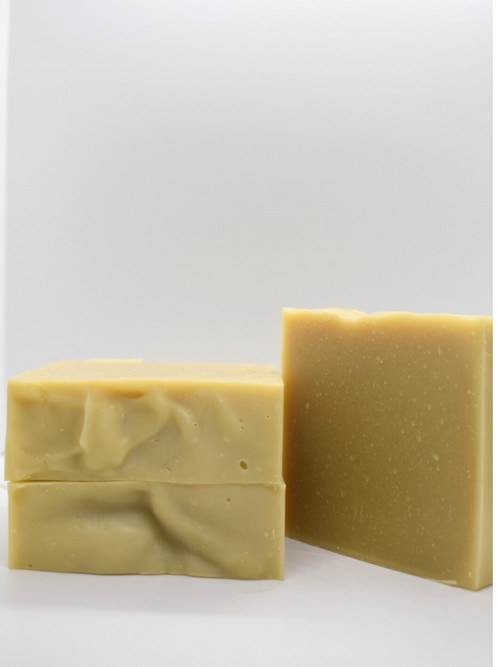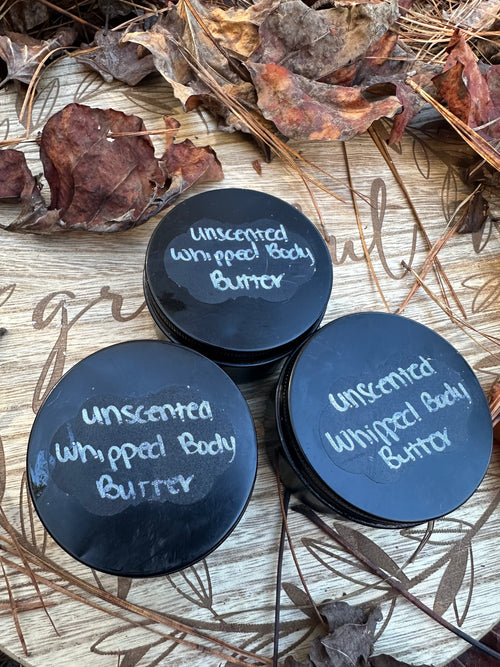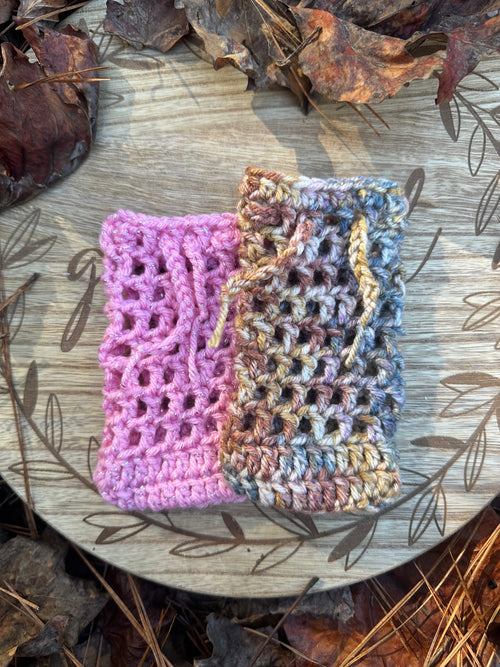When you purchase a bar of soap advertised as “cold process,” you expect it to be made from scratch, using natural oils, lye, and the time-honored process of saponification. But what happens when a soap maker cuts corners and labels melt-and-pour soap as cold process soap? This practice not only misleads consumers but also comes with potential risks. At Eternally Meraki, we believe in providing transparency about our ingredients and soap-making methods—whether we use natural or fragrance oils. Let’s explore why mislabeling melt-and-pour soap as cold process soap is more than just a marketing issue—it’s something that can negatively impact your skin and your health.
What Is Melt-and-Pour Soap, and Why Is It Misleading?
Melt-and-pour soap is made from a pre-formed soap base, which is melted, mixed with additional ingredients, and poured into molds to set. Unlike true cold process soap, which is created from scratch through the chemical reaction of oils and lye, melt-and-pour soap skips the essential saponification process. Instead, it uses a pre-blended soap base, often containing glycerin, surfactants, and preservatives.
Though melt-and-pour soap may appear similar to cold process soap in form and texture, it doesn’t undergo the same chemical reaction or development. The lack of saponification means it doesn’t have the same skin benefits or the rich, moisturizing qualities associated with traditional cold process soap. While melt-and-pour soap can be easy and quick to make, it’s not the same product, and when it’s mislabeled as cold process soap, it can confuse and disappoint consumers.
Why Mislabeling Is Dangerous for Consumers
Mislabeling melt-and-pour soap as cold process soap is more than just a marketing mistake—it can lead to real issues for consumers who are trusting labels to make informed purchasing decisions. Here’s why mislabeling is not only misleading but potentially harmful:
Hidden Ingredients and Lack of Transparency
Cold process soap is made with simple, straightforward ingredients: oils, lye, and water. Additional ingredients, such as essential oils, natural colorants, or botanicals, are added at the appropriate time to enhance the soap’s skin benefits and fragrance.
Melt-and-pour soap, however, typically contains synthetic ingredients like surfactants, preservatives, artificial colorants, and fragrances. These additives may irritate the skin, especially for individuals with sensitive skin or allergies. When a melt-and-pour soap is labeled as cold process, it hides the fact that it contains potentially harmful chemicals. If you have a preference for avoiding synthetic ingredients, this lack of transparency could result in an unwanted reaction.
Skin Sensitivities and Allergic Reactions
One of the key benefits of cold process soap is its ability to nourish and moisturize the skin. The saponification process creates natural glycerin, which is a humectant that draws moisture into the skin. This makes cold process soap naturally moisturizing, even without the use of added moisturizers or synthetic ingredients.
In contrast, melt-and-pour soap often lacks this natural glycerin, as much of it is removed during the soap base manufacturing process. Instead, melt-and-pour soap may contain artificial moisturizers or chemicals that can irritate or dry out the skin, particularly for people with eczema, dermatitis, or other skin conditions. When melt-and-pour soap is mislabeled as cold process, it can create false expectations about the product’s benefits, leading to potential irritation or discomfort for users.
Deceptive Quality Claims
Cold process soap is known for its rich, creamy lather and its ability to cleanse the skin without stripping away natural oils. It also lasts longer because of the curing process, which solidifies the soap and improves its lather over time.
Melt-and-pour soap, however, often produces a less luxurious lather and may not last as long, especially since it’s made with added water and preservatives that can weaken the bar. If you purchase a soap labeled as cold process, expecting it to perform in the same way, you may be disappointed by its shorter shelf life and less satisfying lather.
Ethical and Environmental Concerns
For many people, purchasing skincare products is about more than just effectiveness; it’s also about ethics and sustainability. Cold process soap makers often go the extra mile to ensure their ingredients are responsibly sourced and cruelty-free, while also being mindful of environmental impact.
Many melt-and-pour soap bases are made with synthetic ingredients and could include palm oil derived from unsustainable sources. Mislabeling this product as cold process soap can mislead consumers who prioritize ethical sourcing and sustainability. By choosing genuine cold process soap, you can support makers who value both the quality of their products and their environmental footprint.
How to Spot the Difference: Avoiding Misleading Labels
Knowing how to tell the difference between melt-and-pour soap and true cold process soap will help you make more informed decisions when shopping for handmade soap. Here are a few things to watch for:
- Read the Ingredients: True cold process soap will list oils (like olive oil, coconut oil, or castor oil), lye, and water as the main ingredients. If you see glycerin, sodium lauryl sulfate (SLS), or a pre-made soap base, it’s likely melt-and-pour.
- Ask About the Process: A trustworthy soap maker will be transparent about how their soap is made. Cold process soap requires time to cure—usually 4-6 weeks—so if the soap is ready to use immediately, it’s probably not cold process.
- Check for Curing Time: Cold process soap must cure for a period of weeks to harden and develop its full properties. If a soap is claimed to be cold process but isn’t cured, it’s likely been made with a shortcut method, such as melt-and-pour.
The Importance of Integrity: Choosing Quality Soap
At Eternally Meraki, we pride ourselves on our commitment to honesty and integrity. We believe in giving our customers the full picture, whether we use natural or fragrance oils in our cold process soaps. We understand that transparency is key, and we never cut corners when it comes to quality. Whether you're choosing a bar with natural essential oils or a beautifully crafted fragrance, you can rest assured that we always provide the real deal.
By supporting brands that are committed to transparency and quality, you can make sure you're getting exactly what you pay for—a soap that’s crafted with care, whether it’s made with natural or synthetic fragrances. True cold process soap is a luxurious, skin-friendly product, and it’s essential that you have all the information to make an informed choice for your skin’s needs


